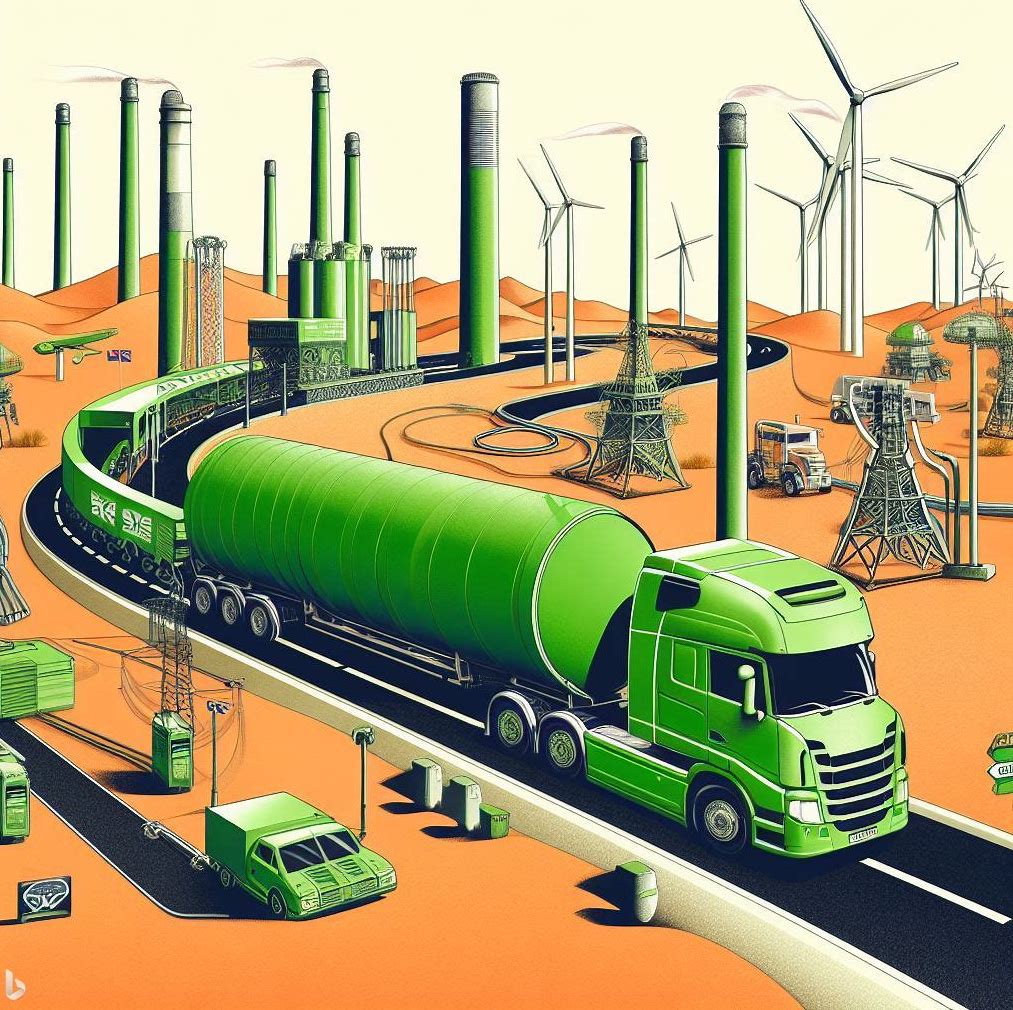The UK-based company Xlinks has made significant progress with a £20bn ($24.5bn) project that aims to transmit green energy from Morocco to the UK via a long-distance undersea cable. Recently, this project was labeled as nationally significant by Claire Coutinho, the new secretary for energy security and net zero.

Xlinks has an ambitious plan to transmit 3.6GW of wind and solar energy from Morocco to Britain using a 3800km underwater cable. The company anticipates that their project could power around 7 million British homes by 2030, thereby meeting roughly 8% of the UK’s electricity demand.
Previously this month, Xlinks had approached Coutinho to have their plan recognized as a Nationally Significant Infrastructure Project. This significant designation means that it is now up to the central government, not local authorities, to approve the project.
Xlinks has pointed out that this project has reached a significant stage, and this provides certainty around the legal process and timeline for approving the project. Xlinks will need to further consult with local authorities, statutory bodies, and the community before submitting their planning permission application to Coutinho, scheduled for early next year.
In Morocco, Xlinks plans to create a 10.5 GW wind and solar energy system tied to a 5GW/20GWh battery storage system in its southern Guelmim Oued Noun region. This energy will be transferred to Devon, southwest England, via four 3800km high-voltage direct current (HVDC) cables.
Furthermore, Xlinks stated that they’ve agreed with the UK’s National Grid for two 1.8GW grid connections and it secured £30m in new funding for the project from the Abu Dhabi National Energy Company and Octopus Energy.
The innovative initiative is supported by various parties, including Sam Richards, the founder of Britain Remade, who emphasized the need for such clean energy developments to decrease the UK’s dependency on costly foreign gas and to help the country become energy secure.
Following the project’s recent designation, Richards warned that it must not be hampered by bureaucratic red tape, which has impeded many other clean energy projects in the UK. The Xlinks project mirrors similar billionaire-backed plans to transmit green power from Australia to Singapore via a 4200km link and from Egypt to Greece using a 1400km underwater cable.

